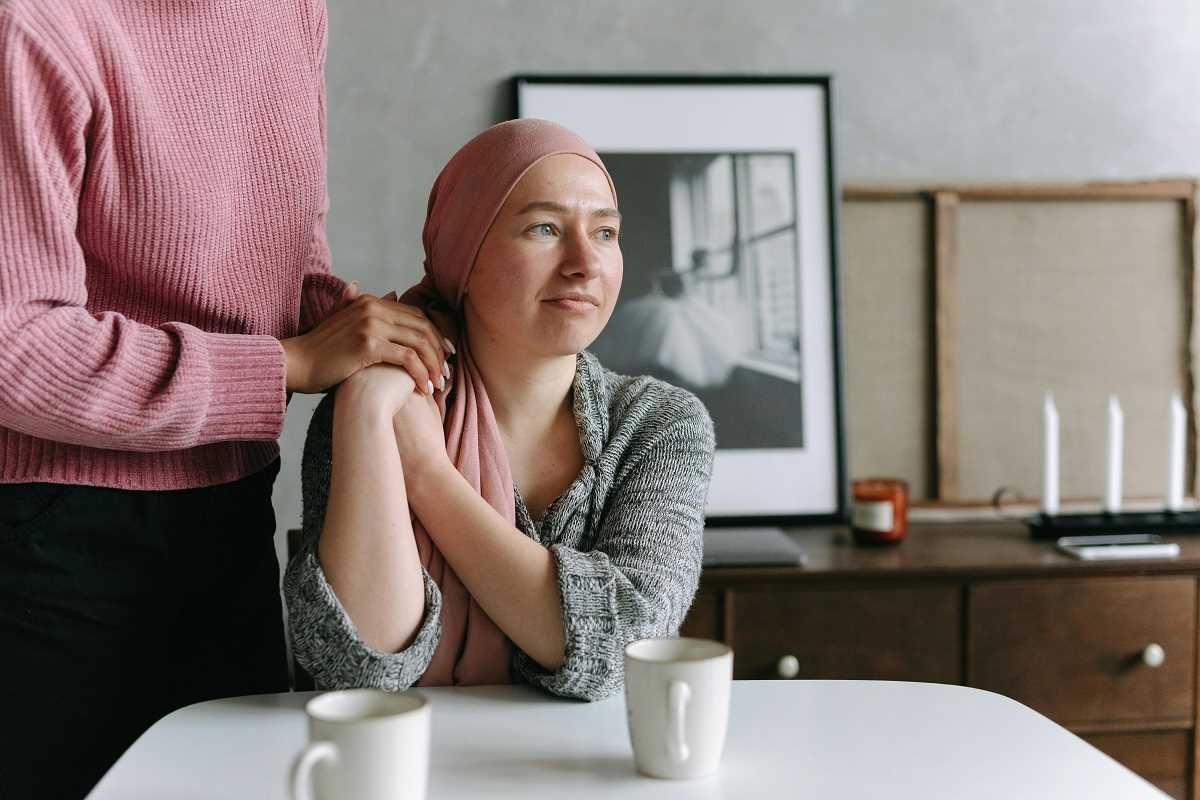Cancer treatment is often an emotionally and physically challenging process. Beyond the standard interventions of surgery, chemotherapy, and radiation, many patients turn to complementary therapies to help manage symptoms, improve overall well-being, and enhance their quality of life. Reiki, a form of energy healing that originated in Japan, has emerged as one such option. Gentle and non-invasive, Reiki offers a supportive addition to cancer care by addressing the emotional, mental, and physical needs of patients.
Understanding Reiki and Its Principles
Reiki, which translates to "universal life energy" in Japanese, is a practice that involves channeling energy to promote balance and healing. It was developed by Mikao Usui in the early 20th century and is based on the belief that a free flow of energy within the body is essential for physical and emotional health. When this flow is disrupted—due to stress, illness, or emotional turmoil—it can result in imbalance, tension, or discomfort. Reiki aims to restore harmony by unblocking and balancing this energy.
Practitioners typically use their hands to direct energy toward the individual, either by lightly placing their hands on the body or hovering just above it. Sessions are meant to be relaxing, with many patients reporting feelings of warmth, calm, and peace. While not a cure or medical intervention, Reiki is considered complementary, supporting the body’s natural ability to heal itself and fostering a sense of well-being.
Benefits of Reiki for Cancer Patients
For individuals undergoing cancer treatment, the benefits of Reiki extend beyond relaxation. While scientific research on Reiki is still limited, preliminary studies and patient testimonials suggest that it plays an important role in alleviating some of the challenges associated with cancer care.
1. Stress Reduction
Cancer diagnoses and the subsequent treatments often bring high levels of stress and anxiety. Patients frequently describe feelings of fear and uncertainty during their cancer journeys. Reiki provides a calming experience that encourages deep relaxation. By helping patients escape the mental and emotional toll of their condition, even for a short period, Reiki can offer significant relief.
One study conducted by researchers at the University of Huddersfield in the United Kingdom highlighted how Reiki reduced anxiety in cancer patients. Many of the participants reported feeling more emotionally grounded and less overwhelmed after their sessions.
2. Pain Management
Cancer and its treatments can lead to chronic pain and physical discomfort. Reiki has been used in conjunction with pain medication to help manage symptoms. During a Reiki session, patients often report sensations of warmth and soothing relief in areas where they experience pain.
For example, a study published in the Journal of Pain and Symptom Management showed that Reiki may decrease pain perception in individuals receiving palliative care. While it is by no means an alternative to medical pain management, Reiki’s role in easing discomfort can make a difference for patients seeking holistic solutions.
3. Improved Emotional Well-Being
It’s not uncommon for cancer patients to struggle with depression or feelings of helplessness. Reiki offers an opportunity to focus inward and cultivate a sense of control over one's own healing process. The practice may help individuals reconnect with their inner resilience, providing emotional strength to face their diagnosis and treat their condition holistically.
Some patients claim that Reiki brings about a sense of empowerment, helping to transform feelings of fear and sadness into acceptance and peace.
4. Support for Better Sleep
Cancer treatments can disrupt normal sleep patterns, often leading to insomnia or restless nights. Reiki’s deeply relaxing effects may help improve sleep quality by calming the mind and reducing nighttime worries. Restorative sleep is essential for maintaining physical and emotional health, particularly for those battling the side effects of cancer care.
How Reiki Is Integrated Into Cancer Care
Cancer centers and hospitals have started to recognize the potential benefits of Reiki and other complementary therapies. Many now include Reiki as part of their integrative oncology programs. These initiatives aim to combine evidence-based medical treatments with complementary approaches to treat the whole person—body, mind, and spirit.
For instance, the Memorial Sloan Kettering Cancer Center in New York offers Reiki as one of its integrative therapies. Patients undergoing chemotherapy and radiation can book Reiki sessions to help manage the stress and discomfort associated with their treatments. Similarly, the MD Anderson Cancer Center incorporates Reiki into its survivorship programs for both patients and caregivers.
Reiki practitioners in these settings often collaborate closely with medical teams to tailor sessions to the patient’s needs. The therapy is viewed not as a substitute for medical care but as an important supplemental tool to enhance recovery and quality of life.
Patient Testimonials
Real-life stories from cancer patients highlight Reiki’s impact. One breast cancer survivor described how Reiki helped her feel centered and less anxious during her treatment, making it easier to finish her chemotherapy sessions. Another patient in palliative care shared that Reiki created a sense of peace and allowed her to focus on positive moments with loved ones despite the challenges she faced.
Even caregivers report benefits. A woman caring for her husband who had been diagnosed with prostate cancer explained how participating in shared Reiki sessions gave them both a sense of calm and connection.
Addressing Criticisms of Reiki
Despite Reiki's growing presence in cancer care, it remains a controversial practice. Critics argue that there isn’t enough scientific evidence to validate its effectiveness. Many of the studies conducted so far are small or have methodological limitations. Some in the medical community dismiss Reiki as a placebo effect or suggestion-based therapy.
It is essential to approach Reiki with an open but realistic perspective. While anecdotal evidence from patients is powerful, further research is needed to better understand the mechanisms through which Reiki may work. Cancer patients considering Reiki should view it as part of a complementary care plan—not as a replacement for necessary medical treatments.
Additionally, patients need to ensure they consult trained, certified Reiki practitioners. Hospitals and cancer centers offering Reiki typically work with credentialed professionals, but private practitioners may vary in their expertise.
Final Thoughts
Reiki holds a valuable place in complementary cancer care by addressing patients' holistic needs. Through its gentle, non-invasive techniques, Reiki offers cancer patients relief from stress, pain, and emotional burdens while promoting a sense of calm and resilience. It does not replace medical care, but it can enhance the overall treatment experience when integrated thoughtfully into a comprehensive approach.
 (Image via
(Image via





